Watch: Funding for farmers webinar

On Wednesday 6 September, we held a webinar for farmers to learn more about the funding available in England. In this post, you can watch a recording of the session.

On Wednesday 6 September, we held a webinar for farmers to learn more about the funding available in England. In this post, you can watch a recording of the session.
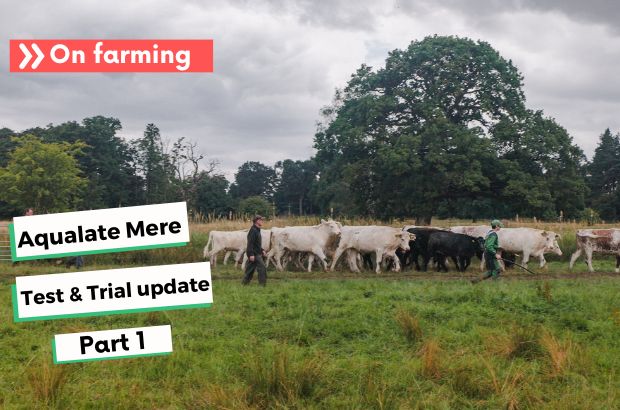
In this film, farmers from the Aqualate Mere catchment share their experiences of taking part in Tests and Trials. This test created a land management plan and worked to set priorities for the catchment, incorporating biodiversity, water quality and carbon sequestration.
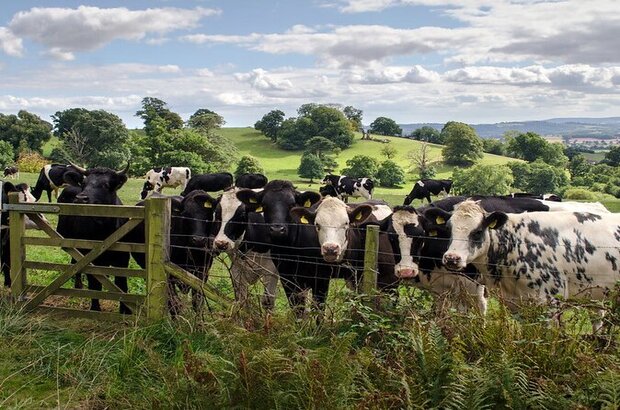
Offered alongside better advice and fairer, more effective regulation, the Slurry Infrastructure grant is designed to help livestock farmers make better use of their slurries to meet crop need and cut pollution. In December, we opened the first round of the Slurry Infrastructure grant for applications. In this post, I’ll explain how we prioritised projects …

Alongside government funding, there are a range of private sector opportunities for farmers and land managers to access new income streams to invest in their holdings. We want farmers and land managers to be able to confidently and securely access payments from both the public and private sector for the environmental benefits they produce. Published …
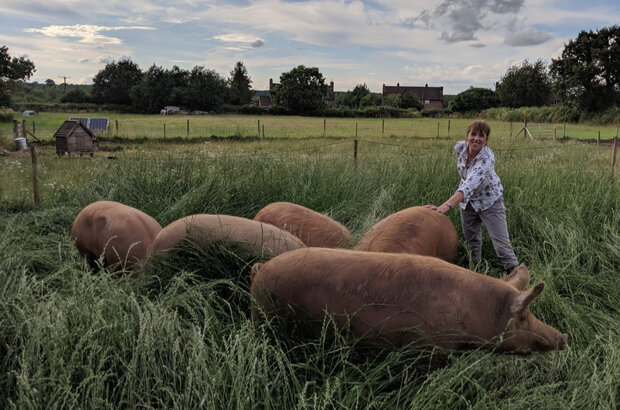
Through 5 pilots, we’re exploring different ways to support new entrants to develop successful land-based businesses in England. We’re now over halfway through. In this post, I’ll share a brief overview of our participants, what we’ve learned and our next steps.
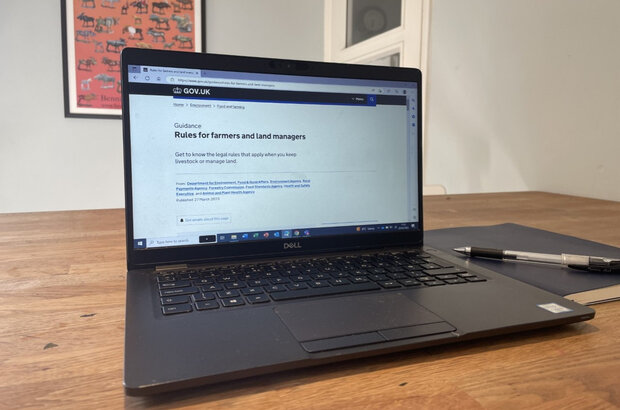
Farming legislation affects all farmers and land managers. As content designers, part of our job is to make sure that the rules about farming on GOV.UK are easy to find. We asked a group of volunteers to share their experience finding the rules. In this post, I’ll share a summary of what they told us and what …
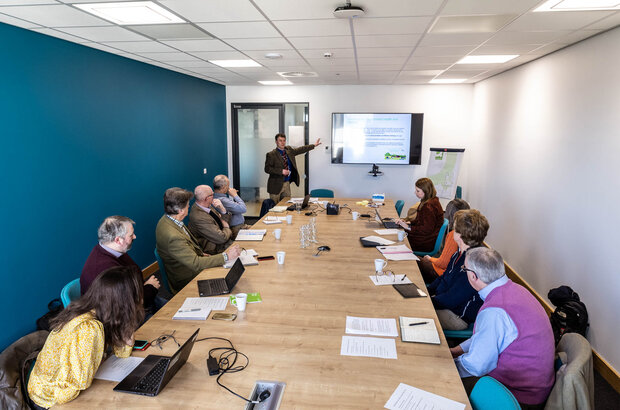
Farmers, vets, industry representatives, and colleagues in government are shaping the Animal Health and Welfare Pathway together. The first step of the pathway is the Annual Health and Welfare Review. In this post, we share how we used co-design to create the yearly vet visits.

From 9 January 2023, farmers, growers and agritech businesses in England will be able to apply for funding to develop innovative ideas in the areas of robotics and automation. In this post, I’ll give an overview of the competition, dates for your diary and links for you to find out more.
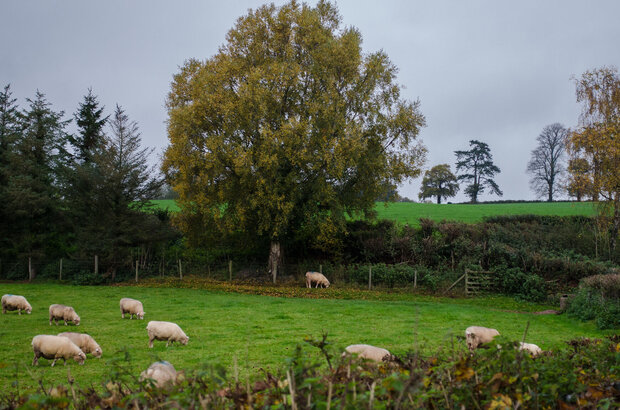
From 1 September, if you have land in a Countryside Stewardship or Environmental Stewardship agreement, but not on common land, you can now apply online directly by signing into the Rural Payments service.
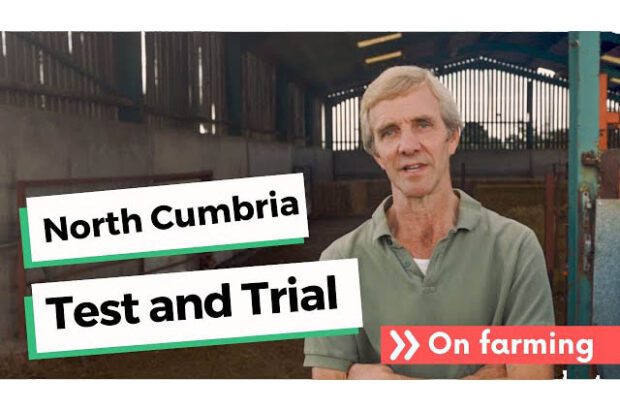
We're developing schemes that reward environmental land management. To make sure that those schemes work in practice, farmers and land managers across England are putting elements of those schemes to the test. It's one of the ways though which we're carrying out co-design. In this video, the North Cumbria Farmers Group share what they've been …